
festival of urbanism 2023
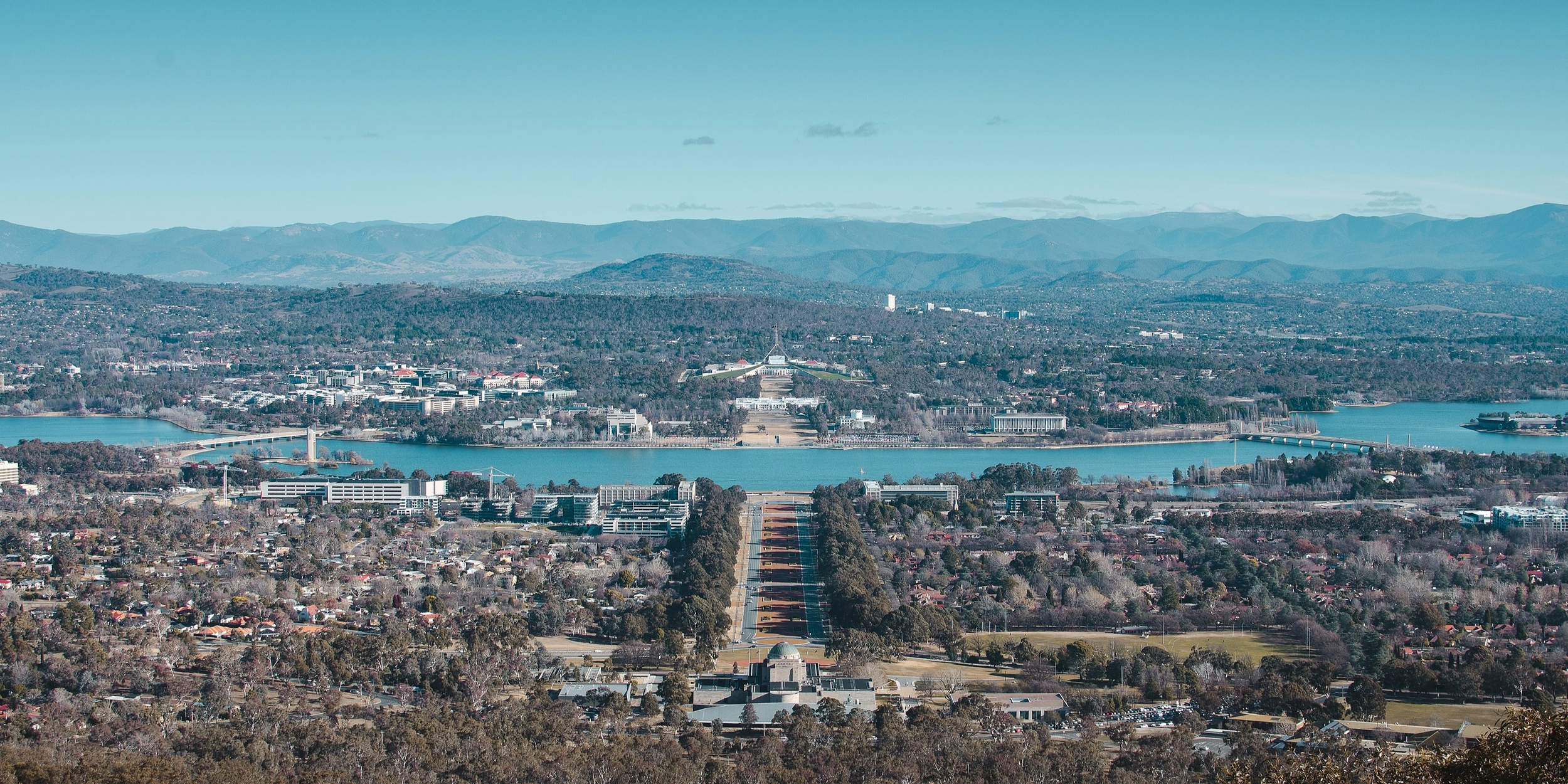
Contested climate: Water security, urban resilience, and planning for the National Capital and beyond
Canberra
Water security is one of the most contested issues facing urban and regional communities across Australia. For growing inland cities like Canberra, conventional assumptions and approaches to water supply, catchment management, and urban planning must be reimagined in the context of climate change. This special event hosted in partnership with the Planning Institute of Australia examines the increasingly complex debates surrounding water security and asks whether and how inland cities can ever achieve true urban resilience.

From social housing to the missing middle: How do we unlock affordable supply in NSW?
Sydney
The evidence shows that increasing new housing production alone won’t solve the affordability crisis. At this special event, the NSW Minister for Housing and Homelessness, the Hon. Rose Jackson MLC and a panel of experts from industry, academia, and community sectors, will outline strategies for unlocking affordable supply, from social housing to the ‘missing middle’.
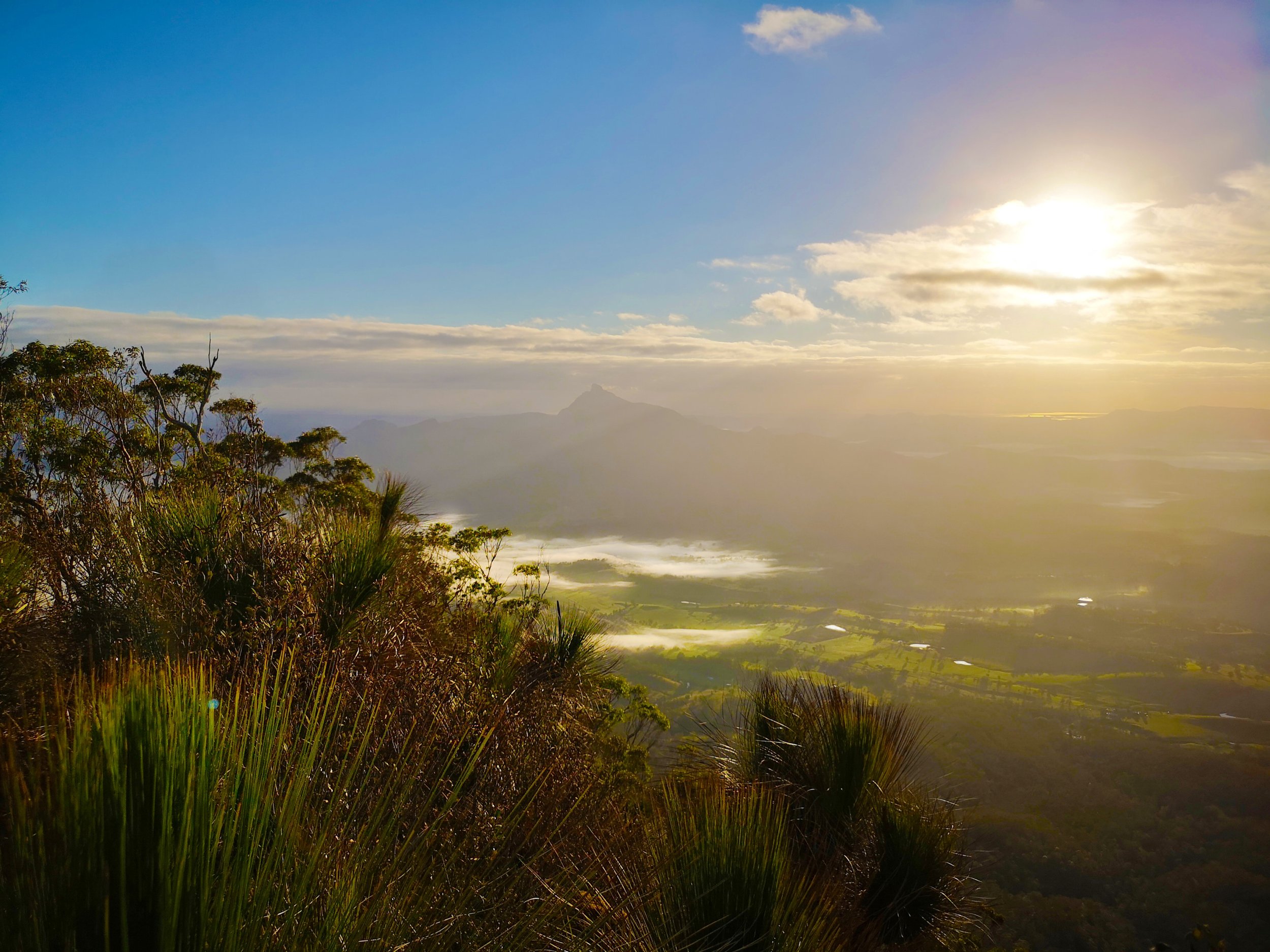
Contested futures: Lessons from New Orleans in disaster recovery and planning for future climate resilience
Lismore
This session shines a light on the difficult questions confronting communities as they seek to rebuild more resilient settlements in the wake of devastating natural disasters. Drawing on the experiences of flood urbanist Professor Elizabeth Mossop, and community leader Dan Etheridge, both of whom were at the front line of the New Orleans Hurricane Katrina response and rebuilding process, this special event asks what lessons can be learned from that experience and what planning, design, governance, and financial frameworks are needed to help other communities affected by catastrophic disaster and ongoing climate risk.

Walking Tour: Redfern / Waterloo with REDWatch
Sydney
The Redfern Waterloo community has endured many waves of government intervention – from ‘slum clearance’ projects in the 1950s to ‘neighbourhood improvement’ schemes of the 1990s and is now the subject of major redevelopment proposals. Accommodating a significant proportion of Sydney’s public housing stock, and having particular significance for its traditional Gadigal owners as well as the wider urban Aboriginal community, the future of Redfern Waterloo is deeply contested. Festival of Urbanism participants have an opportunity to visit the Redfern Waterloo community and learn about its past and contested futures with members of the community based ‘REDWatch’ advocacy group.
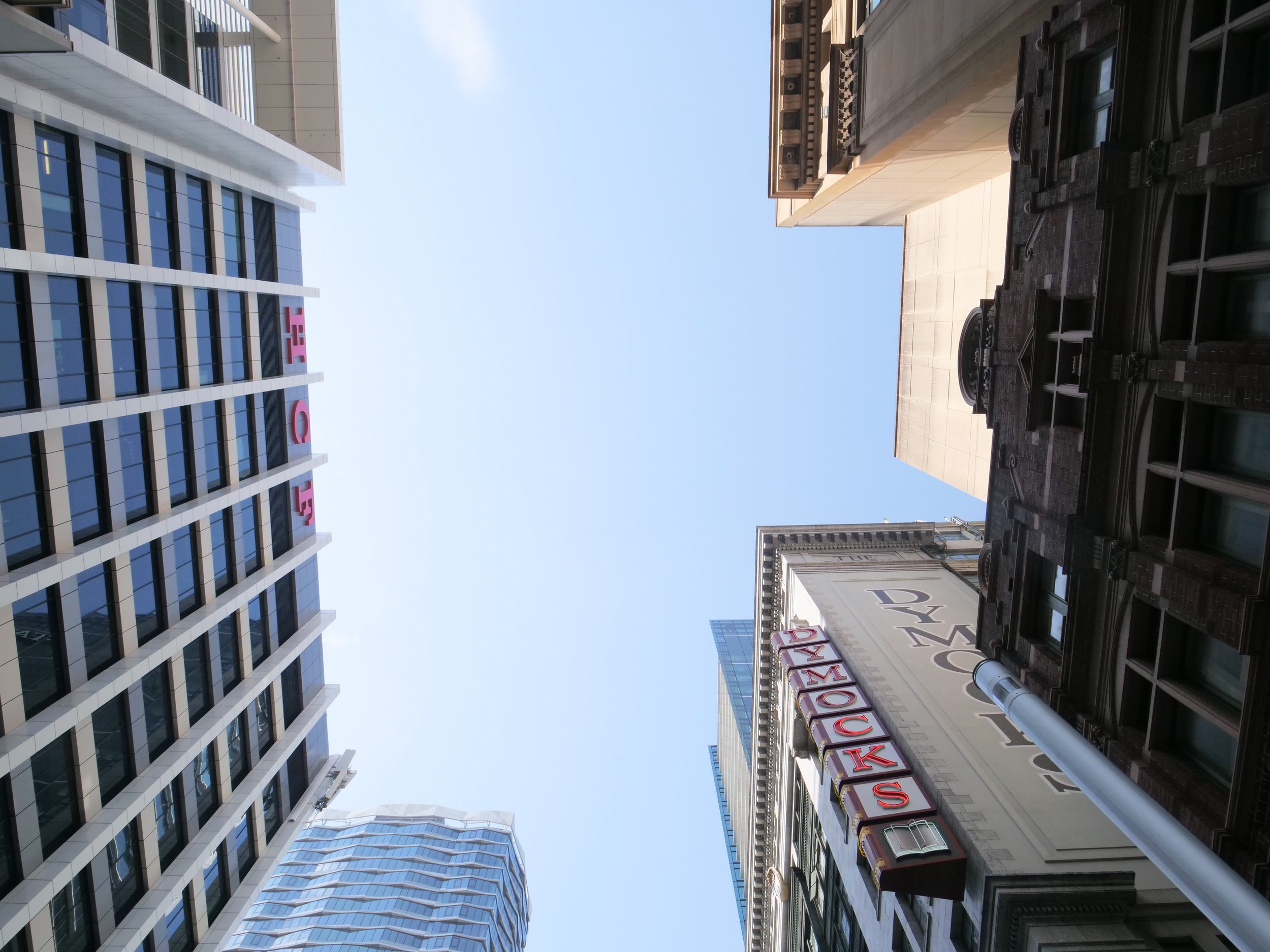
Saving Sydney – Skyscraper / Fryscraper
Sydney
We know we must end sprawl and densify our cities, but are tall towers the answer? Can the skyscraper solve our affordable housing problem? Does high density necessarily mean high-rise, and do such developments stack up environmentally – or do they exacerbate issues such as urban heat? What are the wider benefits or disbenefits of hyper-density in terms of urban design, street making, community cohesion or accessibility? Join Saving Sydney author Dr Elizabeth Farrelly and a panel of experts for a robust discussion on whether Sydney should ‘go up or go out’, and whether this is even the right question.

Contested Country: From the frontier wars to contemporary heritage conservation, protest and settler memorials
Sydney
How are Australia’s Indigenous and settler histories recognised and confronted in cultural heritage conservation and urban planning practice, alongside wider struggles for native title, land rights, and spatial justice? Join this conversation with a panel of experts across Indigenous history, archaeology, heritage conservation, urban planning and design.

Contested housing: the great YIMBY vs NIMBY debate
Sydney
In recent years a new movement known as ‘YIMBY’ (‘Yes In My Backyard’) has emerged. ‘YIMBIES’ argue that planning and regulatory barriers serving local ‘NIMBY’ (‘Not In My Backyard’ property owners) block new and higher density housing, causing affordability pressures across the market. By contrast, many so called ‘NIMBIES’ reject the proposition that ‘supply’ is the only solution to high cost housing. In this session, housing advocates and experts debate the proposition that supply side barriers are to blame for Australia’s housing crisis and recommend strategies to fix the housing system.

Contested Streets: Roads, footpaths and curbs
Sydney
With rising recognition of the health and environmental benefits of active transport, there are increasing struggles between users of footpaths, roads and curbs. Not only are streets important transportation routes, as demonstrated over the Pandemic period, they have also become recognised as important public spaces for social activities, from dining to market stalls or food production. This session interrogates the emerging struggles over street spaces still dominated by roads and parking.

Contested environments: Biodiversity conservation or license to destroy?
Sydney
Australia’s legal frameworks for biodiversity conservation and environmental protection are intended to preserve and enhance the nation’s natural and cultural heritage while enabling appropriate forms of urban development and infrastructure. Yet Commonwealth Environmental Protection & Biodiversity Conservation law has been deemed unfit for purpose, while the states pledge ongoing reforms to make land use systems faster and more responsive to enable residential development and major projects. Key issues include certification and offsetting processes for biodiversity or heritage and whether alternative approaches, from avoiding development altogether to better protecting and enhancing conservation outcomes are possible.

Contested platforms: from Airbnb to the autonomous city
Sydney
There is ongoing concern about the localised impacts of globally owned platforms on the ways in which we use our homes and cities. From the housing market and neighbourhood impacts of Airbnb style platforms through to the less visible implications of automated urban systems, this session asks how communities can best understand and harness digitalisation to create positive opportunities, while managing risks.

Wicked Assumptions: how planning premises from the past shape the cities of tomorrow
Sydney
Dr Robert Stokes, Denis Winston Memorial Lecture
From preserving heritage to defining flood planning levels or calculating open space requirements, planning processes and decisions are inherently bound by assumptions and practices from the past. In this inaugural lecture, Dr Robert Stokes, former minister for Planning, Public Spaces, and Cities, will reflect on how these ‘wicked’ assumptions shape contemporary cities and define their future trajectory.
Contesting planning assumptions - Panel Discussion
Following Dr Stoke’s lecture, an eminent panel of policy and industry leaders will discuss whether and how outdated and detrimental planning assumptions can be contested and overcome.

What Price Success? A walking tour of some of Sydney’s most controversial projects
Sydney
Cities are continually evolving but each change can bring debate and controversy. Explore the history and background of projects including ‘the toaster’ on East Circular Quay, the Sirius Building in the Rocks, Pier 6/7 in Walsh Bay and Barangaroo’s Star Casino. Form your own view of Sydney Harbour’s most talked about projects on this walking tour led by urban design and public space experts, Diana Griffiths and Kurt Iveson.

The Great Transport Race
Melbourne
Want to work out how to get off congested roads and travel faster? This urban racing competition promotes using public and active transport to arrive on time, while also giving you an adrenaline rush with your mates! Starting at Parliament Station, you need to get to CERES Community Environment Park in Brunswick East in the quickest time possible without using a car. There will be a mystery stop-off along the way (to be notified of the location on the day), and a quick quiz question or challenge related to urbanism at each location. We’ll finish with a networking/social event and coffee at CERES Community Environment Park. There are prizes for the fastest group and the top quiz score.
Sign up as an individual or group, if you think you have what it takes.
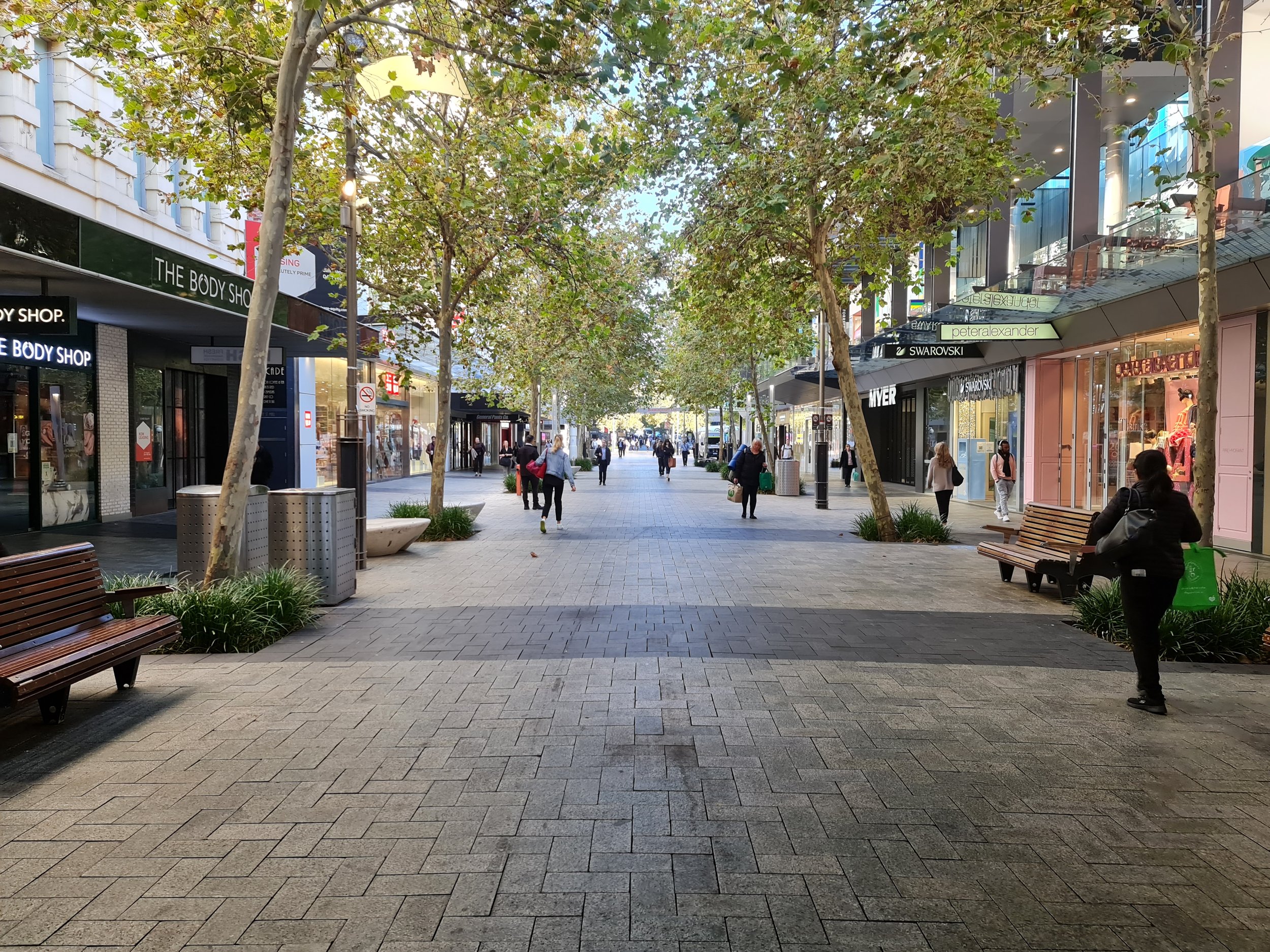
The Devil in the Retail: The Contest Between CBD, Shopping Centre and Online Retail Spaces
Perth
Retailing has long played a major role in the spatial restructuring of Australian cities and set in motion a contest between the CBD and suburbs. The emergence of online retailing over the last decade, followed by the COVID-19 pandemic, has added new complexity, elevating the contest between CBD and suburban-based retail spaces. With the pandemic now firmly in the rear-view mirror, this panel discussion seeks to unpack the devil in the retail sector by examining the challenges, innovations, transformations and opportunities for retailing and what this means for Australian cities.
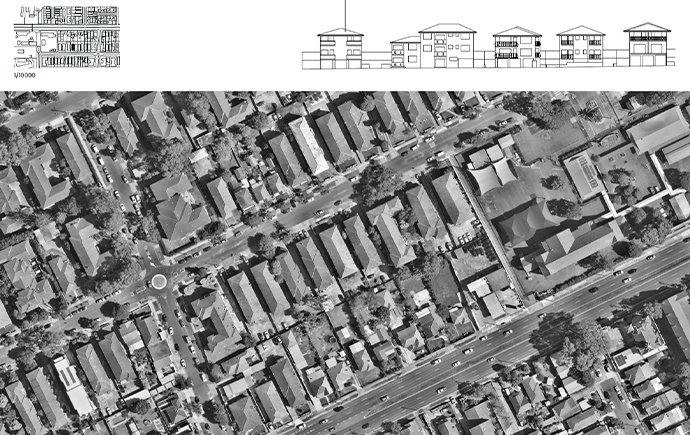
Retrofit Strategies: Rethinking 20th century homes for 21st century living
Melbourne
The post-war growth patterns of Melbourne and Sydney are revealed through common housing types – like weatherboard and brick veneer houses, walk-up flats and garage houses. But this existing housing has become a commodity that is wastefully erased and rebuilt, with no consideration for its potential to contribute to a more sustainable urban fabric and equitable communities. An alternative approach considers how these dwellings could be re-valued, and systemically adapted to twenty-first century modes of living – this involves picking apart the key features and elements of each type and designing simple strategies that could make these dwellings able to be retrofitted at scale.
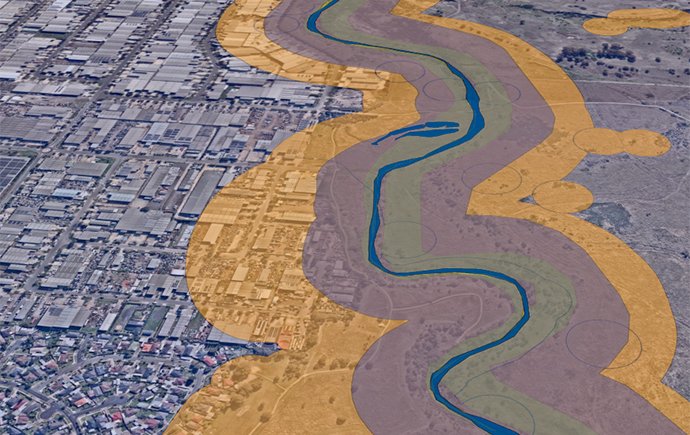
Re-City: knowing and re-imagining Melbourne from the ground up
Melbourne
ReCity is a work in progress that takes you on a virtual journey across metropolitan Melbourne via a digital map that includes layers of information, the juxtaposition of which prompt new ways of thinking about and acting on the city. This evolving map features multi-scalar, spatial data such as Melbourne’s geology, vegetation, waterways, cultural heritage, built form and regulatory frameworks, along with archival material. This abutting of diverse knowledges reveals areas of contestation between built and natural systems, that require a re-imagining and re-making of our city.
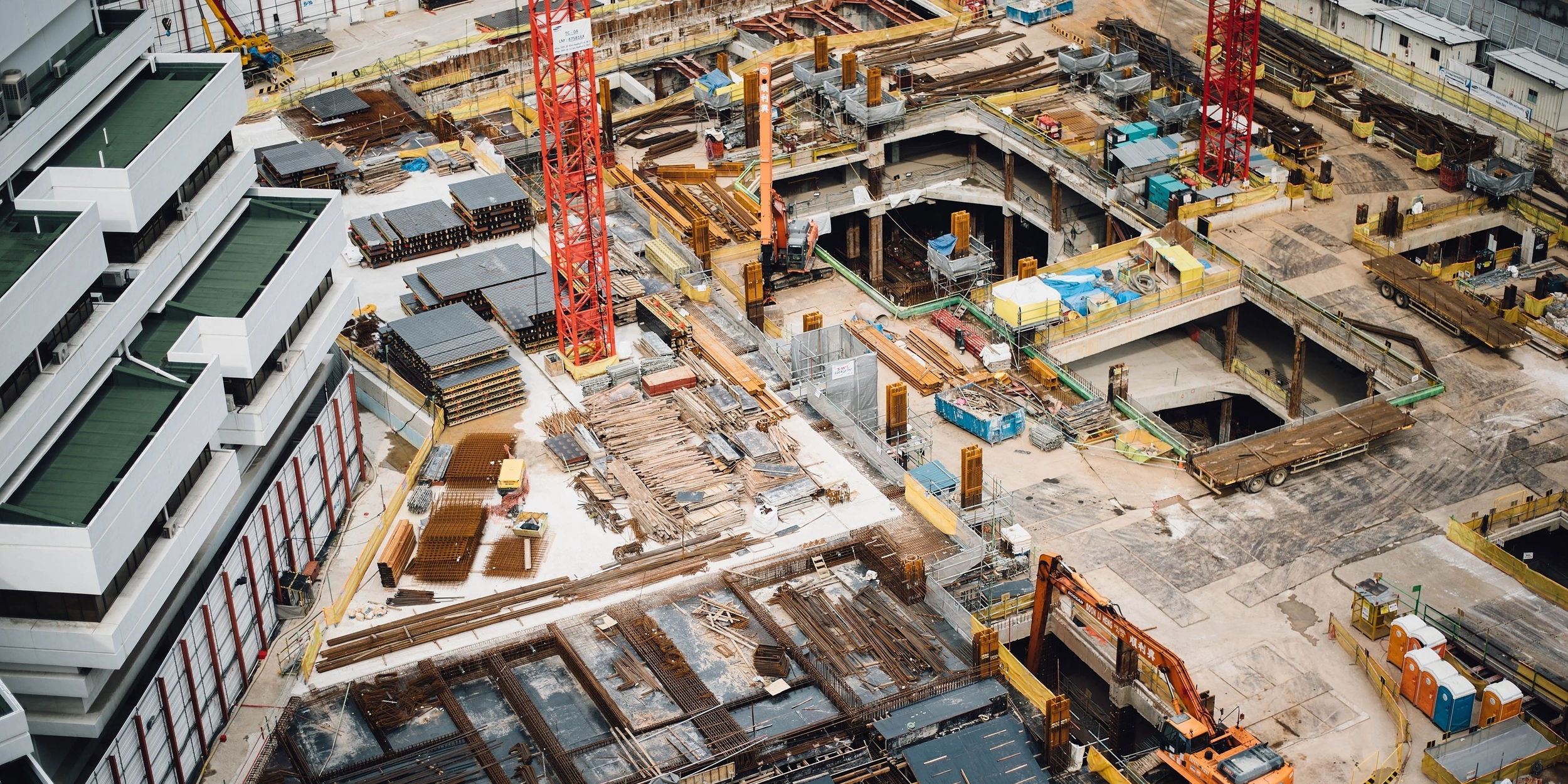
Contested megaprojects – who gets to decide? A case study of Macquarie Point, Hobart
Hobart
This session examines the politics and practice of planning for mixed use megaprojects on Government land (think Barangaroo or Docklands), which typically entail big government announcements but sometimes deliver limited benefits to the wider community. This panel, using the case study of Macquarie Point in Hobart, asks what frameworks are needed to ensure that these mega projects can deliver wider public benefits.
